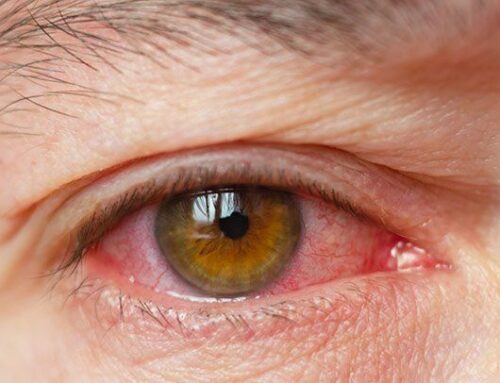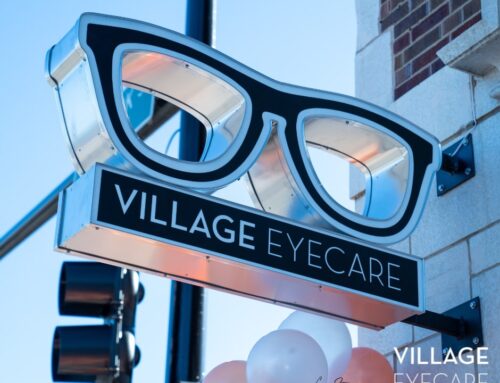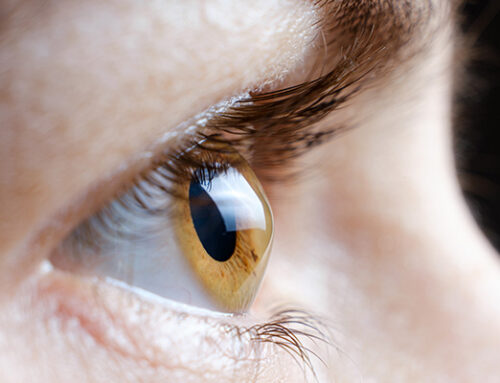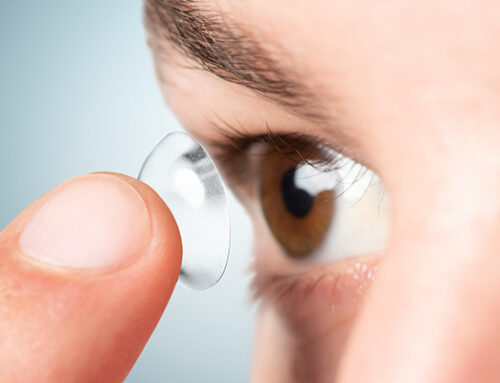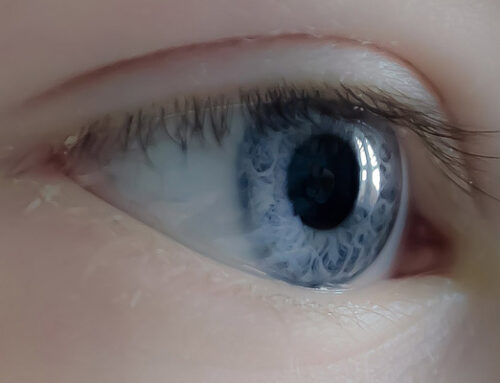FAQ about Optometry Services and Treatments

FAQ about Optometry Services and Treatments
Our optometry service, Village Eyecare, is working hard to educate our patients about the best eye care practices. If you have questions about your visual health, then you can contact us any time to learn about the services that are available.
We have four locations, which means that we talk to many patients each day. Here are some of the common questions that we hear from our patients:
What Does It Mean if I Have 20/20 Vision?
The term “20/20” refers to the sharpness of your vision. Usually, the eye chart is placed 20 feet away from where the patient is located in the room. Then, the bottom number references the line on the chart.
If you have 20/20 vision, then it means that you can see what the typical person sees from 20 feet away. 20/30 vision means that you need to be 20 feet away to see things that most people can see from 30 feet away.
Do I Need Hard or Soft Contact Lenses?
There are advantages and disadvantages to both types of contact lenses. Instead of assuming that a certain type of contact lens is right for you, it is better to get customized recommendations from your optometrist. Some people prefer the soft lenses for increased comfort. But, many people benefit from hard lenses due to eye diseases that can be improved with the use of hard contact lenses.
Why is it Bad to Sleep in My Contacts?
Did you know that sleeping in your contact lenses increases the risk of a serious corneal infection by six to eight times? Even if you are using extended wear lenses, you still need to be careful to avoid eye infections.
These lenses rest on the eye directly, which decreases the amount of oxygen that reaches the surface of the eye. As a result, the risk of infection goes up. The best result is to take out your contacts when you sleep so that you can let your eyes breathe through the night.
How Often Should I Schedule an Eye Exam?
Frequency recommendations vary, depending on your overall health and eye condition. For people who don’t wear glasses or contacts, eye exams are needed every two years. But, some situations merit yearly appointments: if you wear glasses or contacts, you are over the age of 60, or you have a chronic medical condition such as diabetes.
In some situations, eye exams might be needed more frequently for people with chronic conditions that impact vision. Diabetes, high cholesterol, and hypertension are examples of health problems that could influence visual changes. Talk to your optometrist to see how often you need to visit the office.
At Village Eyecare, we are always available to answer your optometry questions. The best way to get personalized answers is to schedule an eye exam with a Chicago optometrist. Call one of our convenient offices to schedule an appointment that matches your schedule. We have four locations, making it easy to find an eye doctor near your home.



